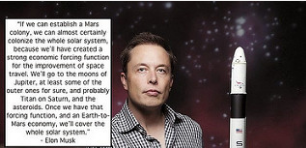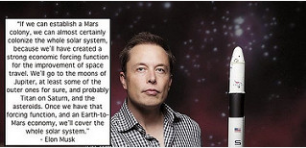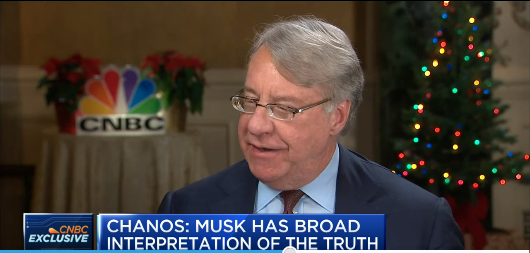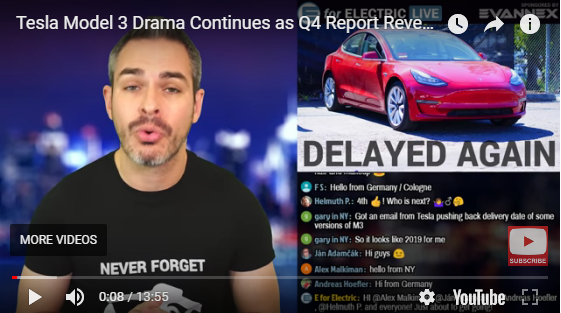Elon Musk Preys on Short Memories
Evidently, Tesla is in-between taxpayer subsidy checks, because the company is floating a $1.5 billion bond offer to keep the lights on. The rating agencies are calling the bonds “junk.” Road Shows to pitch the paper started Monday with Elon Musk and his lieutenants explaining how the company would pay the money back given the car maker, solar panel peddler, and government gift taker has yet to make a profit, or maybe he doesn’t have to. Musk, according to Bloomberg, “brought his charm offensive to the debt market at a meeting for bond buyers in Manhattan on Monday and came away with orders for $600 million after just a few hours.”
“It’s a well-oiled routine,” Bloomberg reports. “Musk previously tapped his cult-like followers in the equity market for capital eight times in seven years to fund Tesla’s growth. Apparently, his pitch works on debt investors, too.”
Sky News reports, “So far, Tesla has been raising money to pay its bills with a combination of equity offerings and convertible bonds, which eventually convert into shares. In March, the company raised $US1.4 billion through a convertible debt offering.” Taxpayer cash was charitably left out of the article.
“Following the announcement, Standard Poor's reaffirmed its negative outlook for the car-maker and assigned a "B-" rating for the bond issue - deep into junk credit territory,” Sky reports. “SP also maintained its "B-" long-term corporate credit rating on Tesla.”
Moody rates the issue “B3” and the company overall “B2” because “ if Tesla ends up in serious financial trouble, its brand name, products and physical assets would be of "considerable value" to other automakers.” In other words in a bankruptcy liquidation Tesla’s assets will fetch a decent price.
Famous Tesla bear Jim Chanos said a year ago on CNBC,the
"brazen Tesla bailout of SolarCity" is a "shameful example of corporate governance at its worst."
"SolarCity, whose bonds were yielding 20 percent yesterday, is a company headed toward financial distress. It is burning hundreds of millions in cash every quarter, a burden that now Tesla shareholders will have to bear, at a total cost of over $8 billion," said Chanos, who has previously disclosed bets against both firms.
"And if you don't want to believe me, consider this: The combined market drop in the value of both companies is more than the equity value of the deal itself — which means that Tesla shareholders think SolarCity shares are essentially worthless," Chanos said. "Finally, it is hard for me to believe that this deal was not being contemplated when Tesla, and Mr. (Elon) Musk himself, sold shares just a few weeks ago."
Musk intimated last year that Tesla wouldn’t have to raise capital in 2017, but Chanos scoffed, “they’ll have to unless he’s suspended the laws of arithmetic.” And here we are now again after Musk recently raised money in the first quarter.
Tech debt has been down this road before. The dot.com “euphoria allowed companies to obtain debt in order to grow their young businesses, instead of using equity,” Mark Holman, chief executive officer of London-based TwentyFour Asset Management, said in a note to clients. “This ultimately ended in pain for investors as default rates soared in the later part of 2002 to 2003. This is why we always frown when new technology is mentioned in the same sentence as fixed income.”
Elon is taking equity and debt investors with short memories on quite a ride.






